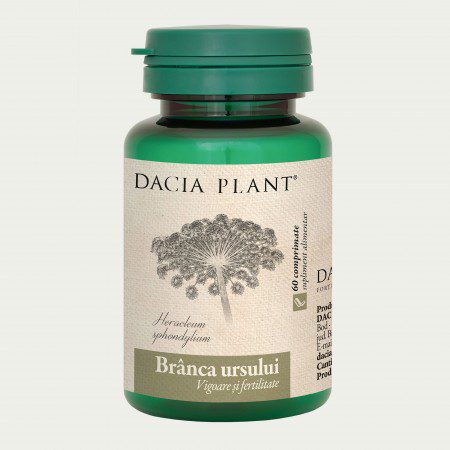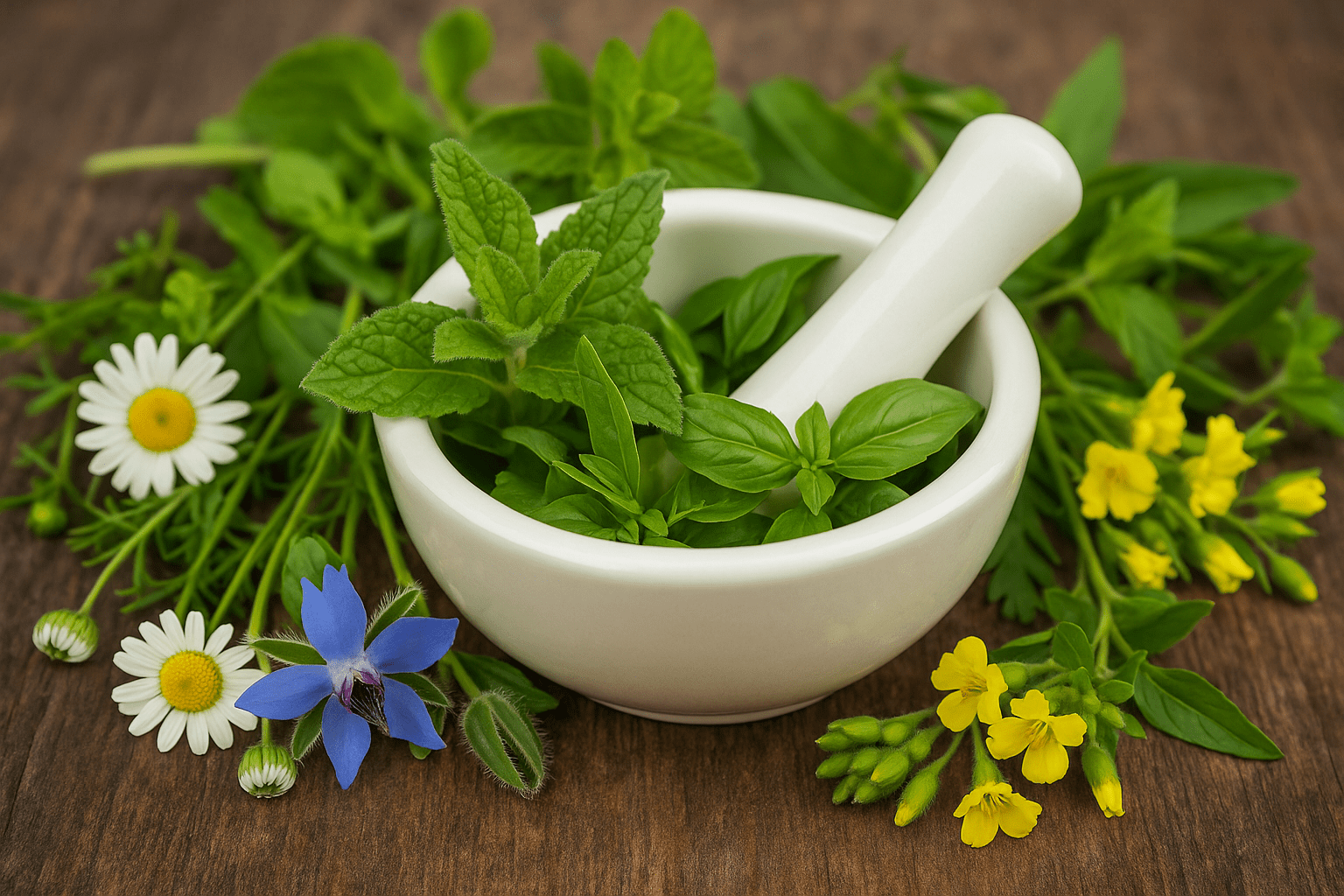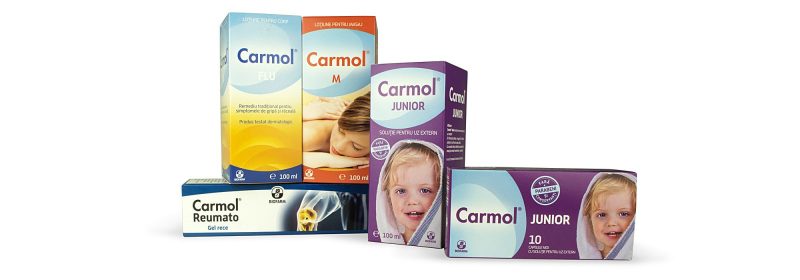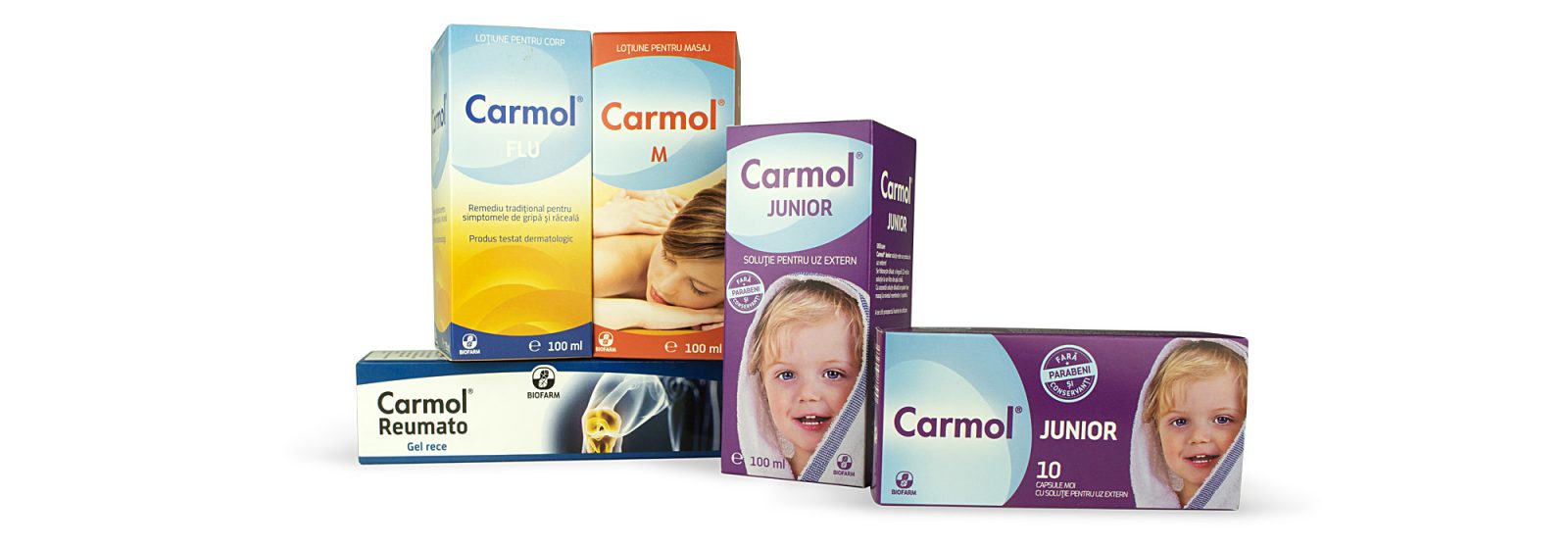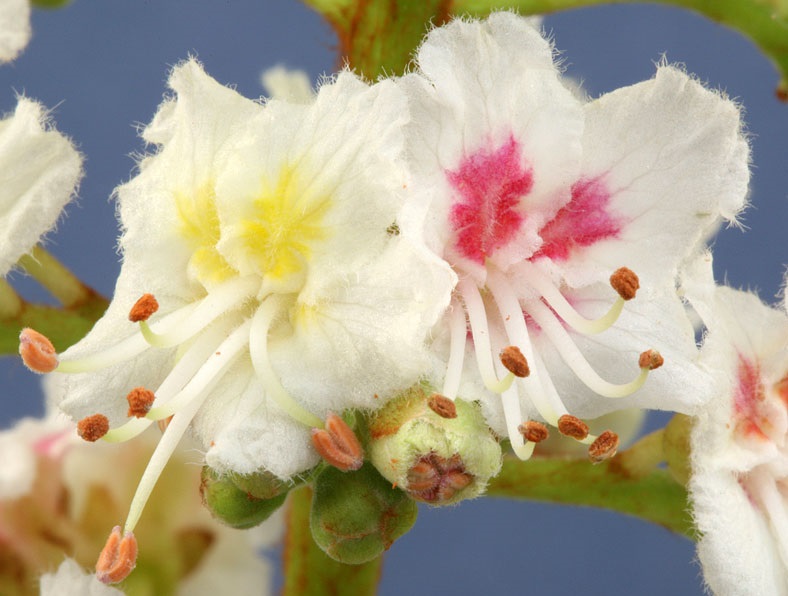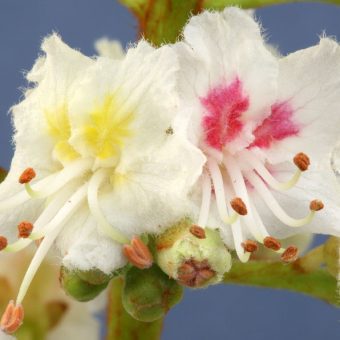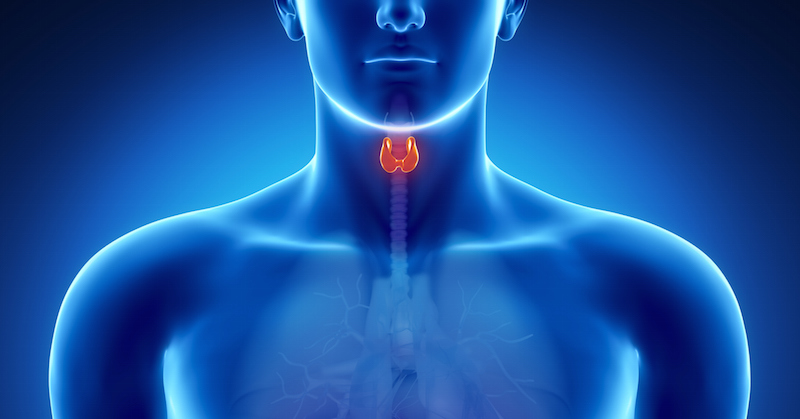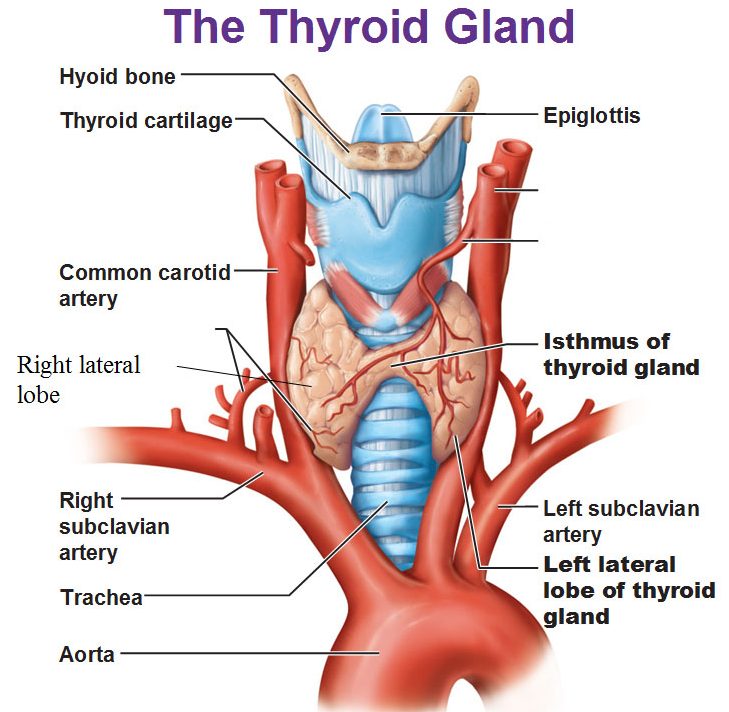The ginkgo biloba extract is the number one prescribed “drug” in France. Ginkgo is neither a drug nor a vitamin, rather it is a herbal supplement derived from the ginkgo tree. Studies are showing more and more health benefits for ginkgo.

What is Ginkgo Biloba?
Ginkgo biloba is the Latin, or scientific name for the ginkgo tree also called maidenhair tree. One of the oldest existing tree species, the ginkgo tree dates back more than 200 million years. Individual trees have been known to live as long as 4,000 years.
Though similar to deciduous trees, the ginkgo is actually in a class of its own. Ginkgo trees are resistant to viruses, fungi, insects, pollution and radiation. They are distinguished by fan-shaped leaves, and male trees often have an unpleasant odour.
How Does Ginkgo Biloba Work?
Ginkgo is naturally rich in flavonoids, which are antioxidants that protect against heart disease, cancer and premature ageing. Ginkgo helps the vascular system by increasing blood flow. It inhibits a substance called platelet activation factor (PAF), which is involved in harmful biological processes such as asthma attacks, organ graft rejection and blood clots
Ginkgo and the Brain – Alzheimer’s, Memory Loss, Dementia, Parkinson’s, Anxiety, Depression, ADD
Ginkgo speeds up the process by which the brain uses glucose, which increases the blood blow to the brain and improves the brain’s use of acetylcholine. Studies show that doses of 120 mg. to 240 mg. increase alpha waves and decrease theta waves. In addition, ginkgo increases the efficiency of neurotransmitters and boosts oxygen levels in the brain.
German researchers studied adults with Alzheimer’s or mental debility caused by atherosclerosis. Just four weeks of ginkgo supplement reduced dementia, increased coping skills and relieved depression.
Ginkgo is also thought to improve concentration and mental sharpness in all healthy individuals over 50.
Ginkgo Sexual Benefits
The Journal of Urology reported a study in which 50 impotent men were given 250 mg. of ginkgo daily for nine months. Within eight weeks, erections were greatly improved. Another open clinical study found that 76 percent of men who had sexual problems caused by taking antidepressants recovered sexual function after four to six weeks of taking ginkgo supplements. Women taking antidepressants who received ginkgo therapy noted enhanced desire, excitement, orgasm and afterglow.
Other Ginkgo Health Benefits – Used for Tinnitus, Hearing Loss & More
Research has found that ginkgo can be effective for tinnitus (ringing in the ears) if treatment begins within six to eight weeks of onset. Ginkgo has also been used in clinical trials to treat sudden hearing loss. Up to 40 percent of subjects regained their hearing after ten days of treatment.
Although further research is required, ginkgo is also thought to be effective against the following conditions: cancer, eye disease, diabetes, heart attack, stroke, multiple sclerosis, intermittent claudication (leg cramps), asthma and varicose veins.
Ginkgo Side Effects and Considerations for Use
Ginkgo is only effective in supplement form, not as a homemade tea. Use commercially prepared 60 mg. tablets two to three times per day. Multiple smaller doses are more effective than taking a larger dose once per day.
Possible side effects include a mild headache, stomach upset and hypotension (low blood pressure), especially upon standing. There are isolated reports of bleeding under the skin. Talk with your doctor if you are taking blood thinners or anti-inflammatory painkillers or if you have a clotting disorder. Also, speak with your doctor before surgery, as ginkgo may need to be temporarily discontinued.
Do not take ginkgo if you are using MAO inhibitors, as this may cause seizures.
For anyone taking ginkgo, it’s a good idea to take a six-week “vacation” from ginkgo every six months.
This ancient tree, known for its fan-shaped leaves, has many health benefits. It has been proven helpful for the brain, for sexual function, tinnitus and hearing loss.

